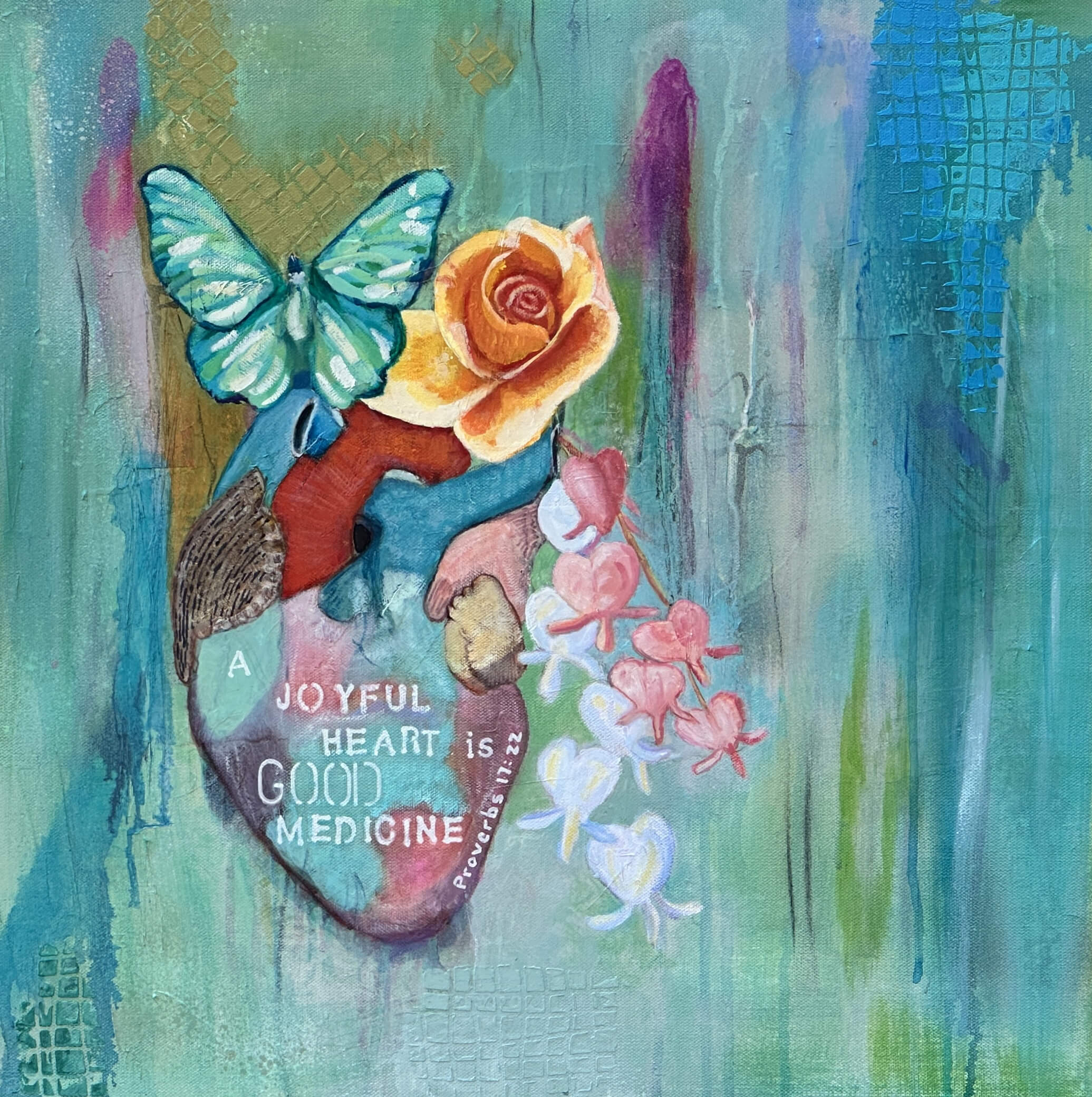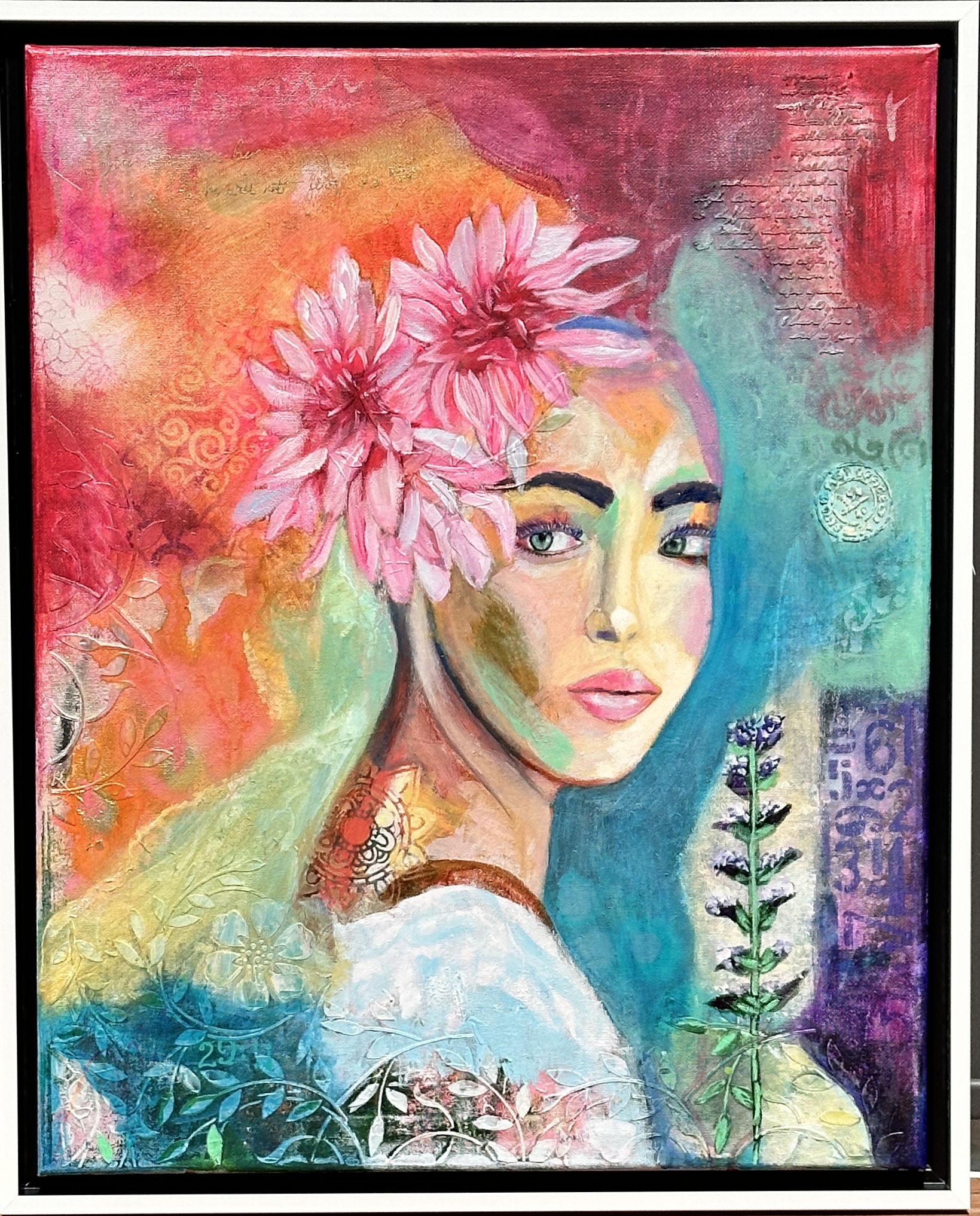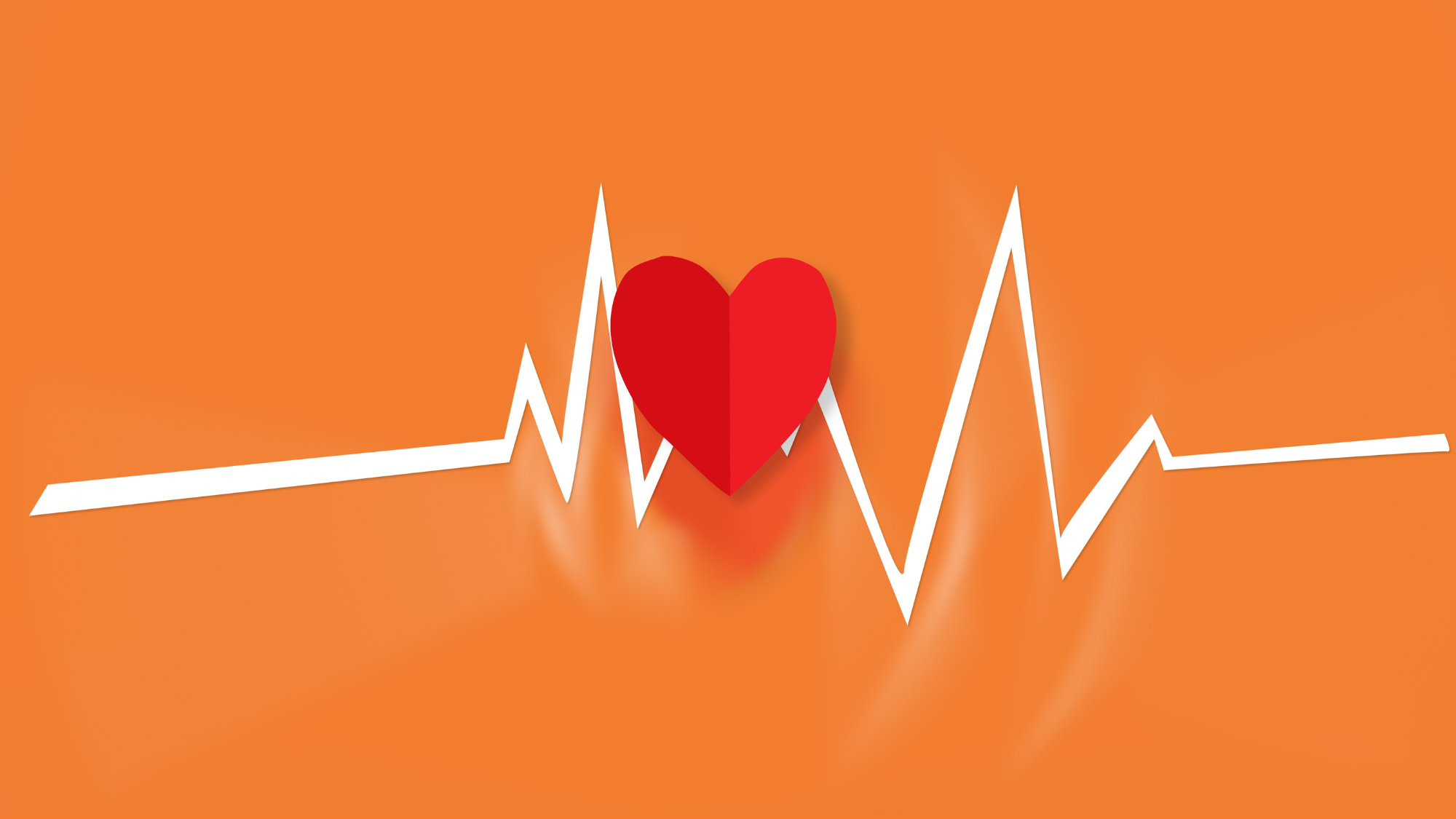
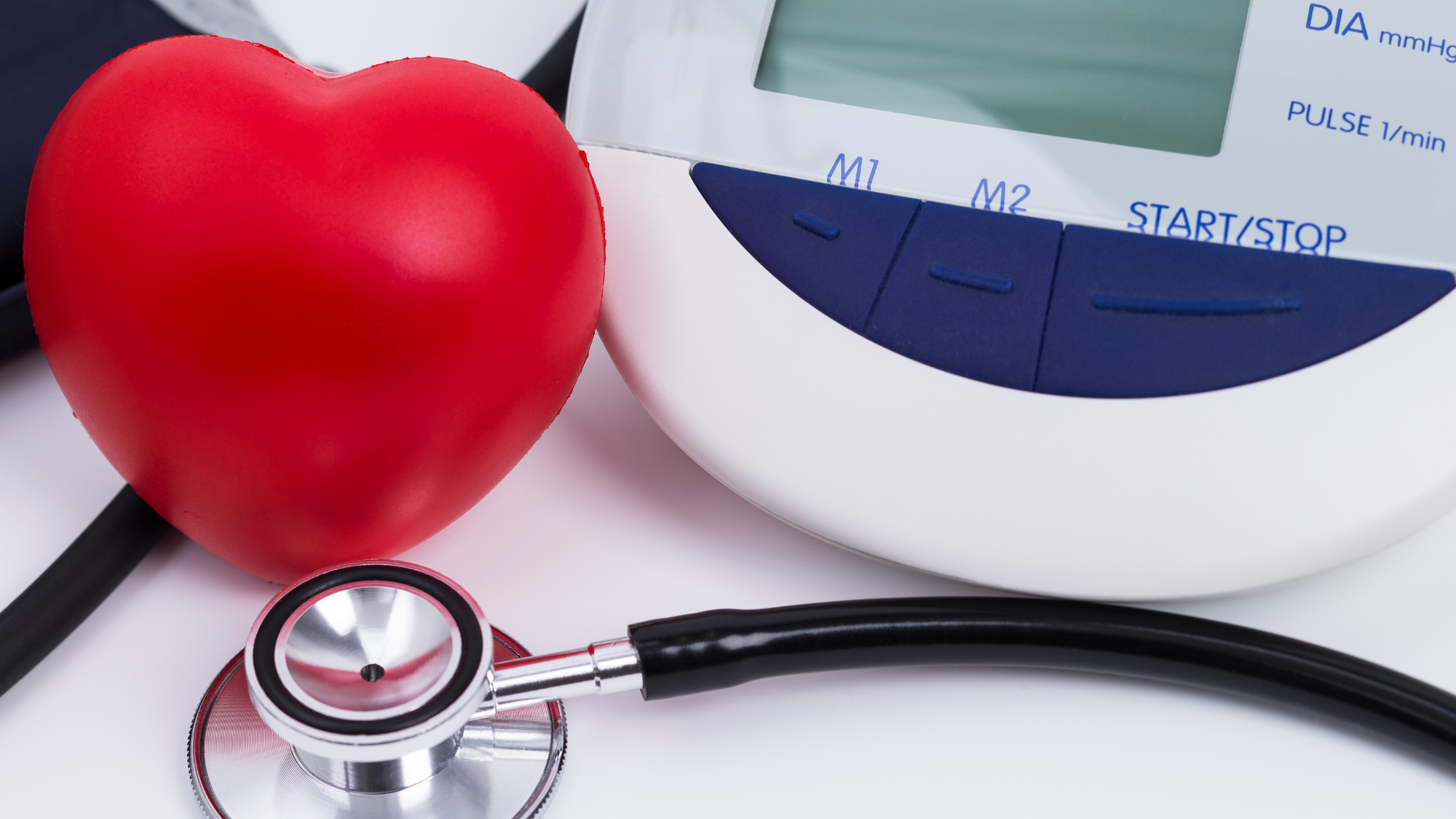
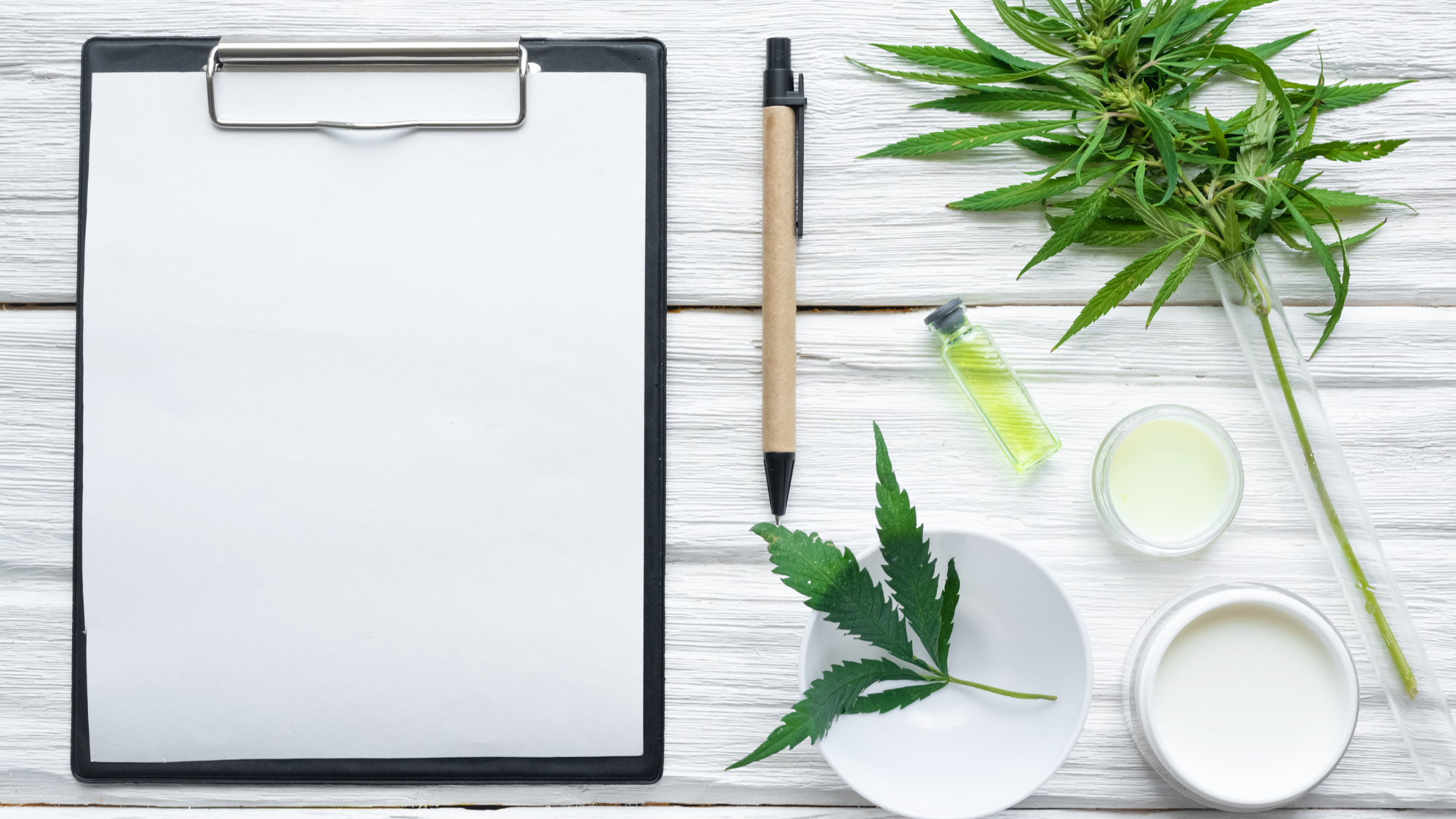
- If you have heavy use, you may have an increase of blood pressure but it should resolve after use has been discontinued.
- If you have very light use of medicinal cannabis or CBD, you may have transient elevations of blood pressure. I
- f you don’t use cannabis medically but more recreationally and your use is heavy, you may have an initial increase in blood pressure but as you become accustomed to using the plant, you will have a reversal of the elevated pressure by experiencing low blood pressure - hypotension.
- Of course, if your blood pressure stays elevated, stopping cannabis, getting an appointment with your provider for a work up is indicated.
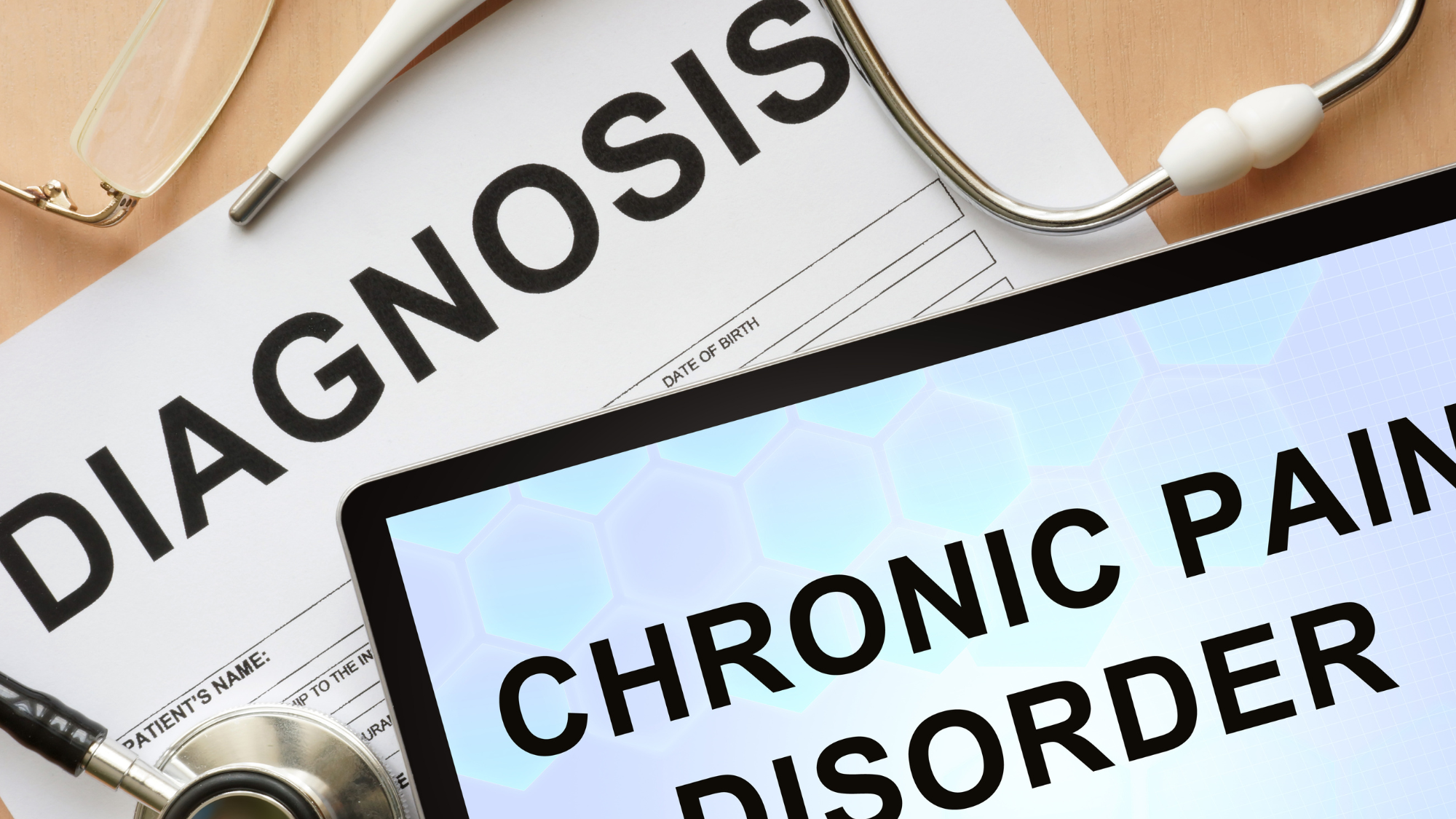
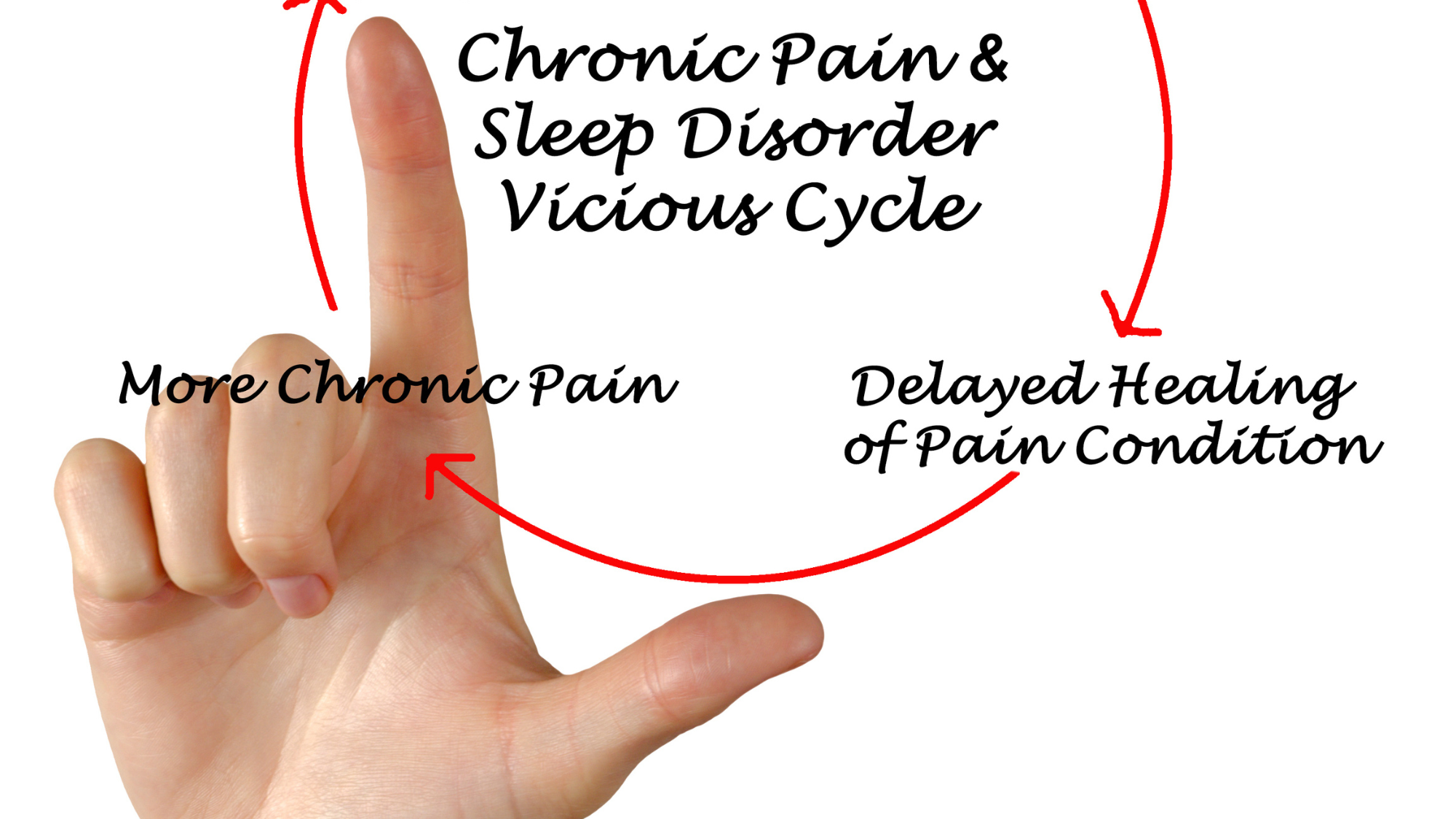
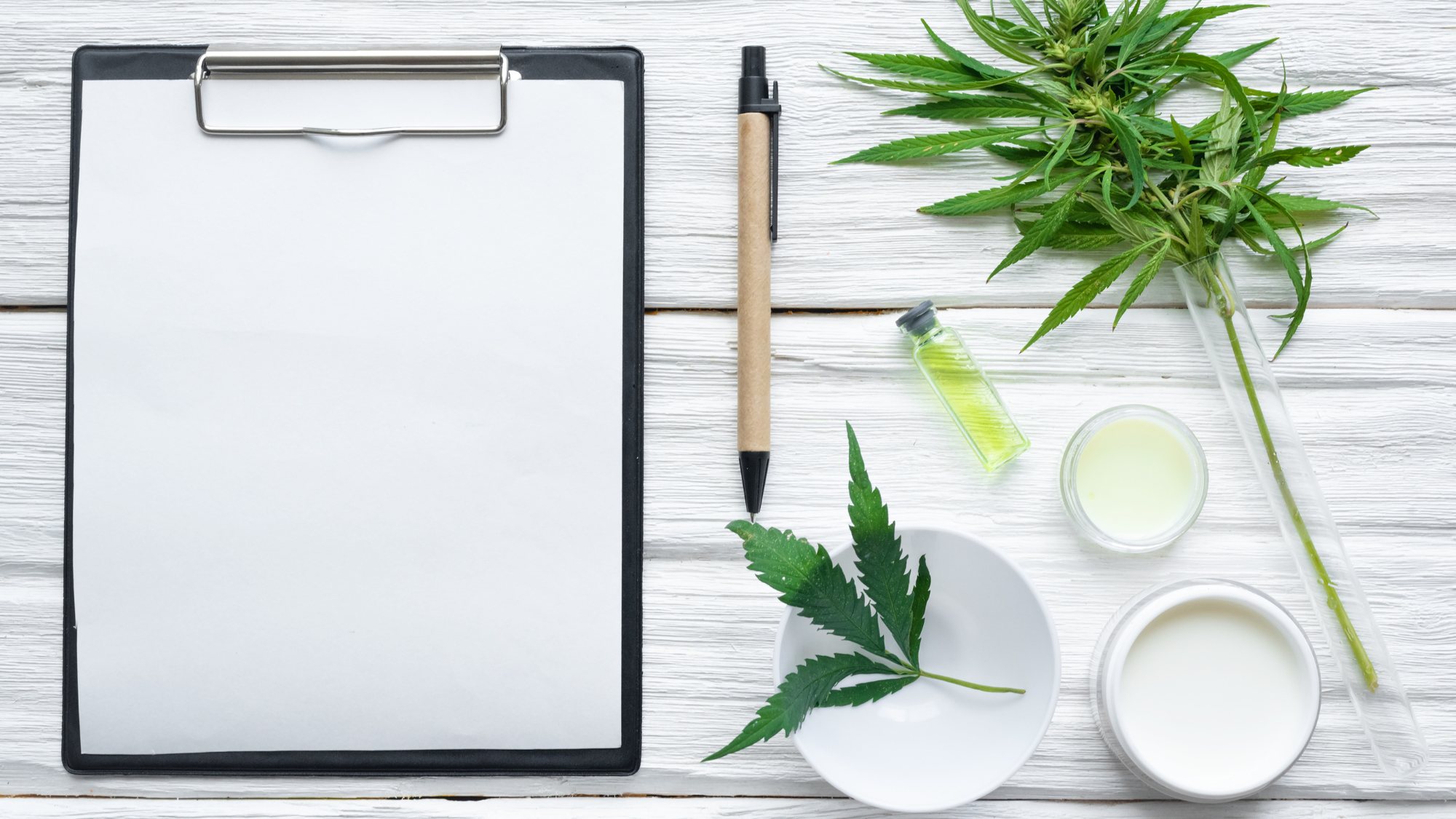
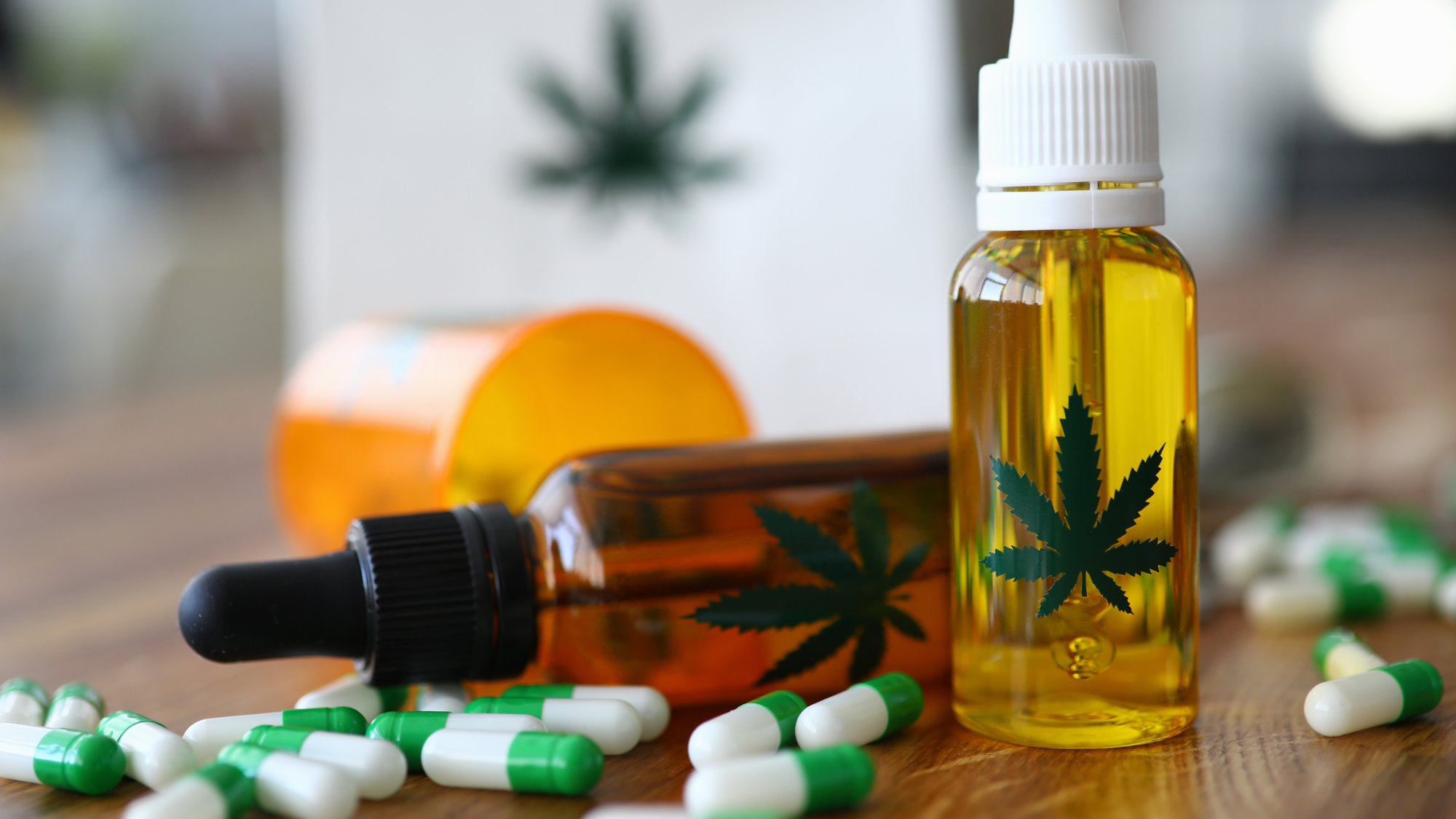
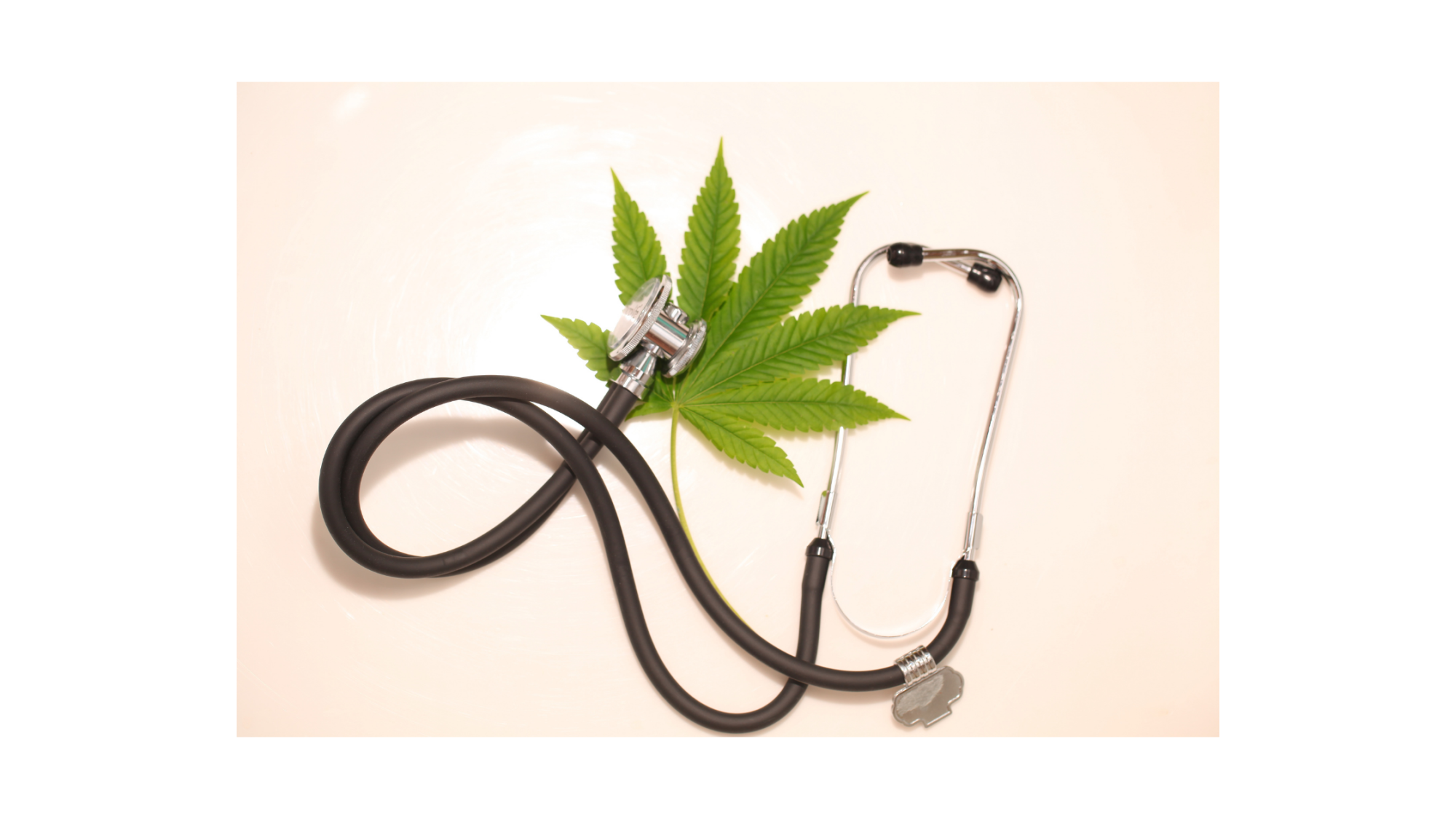
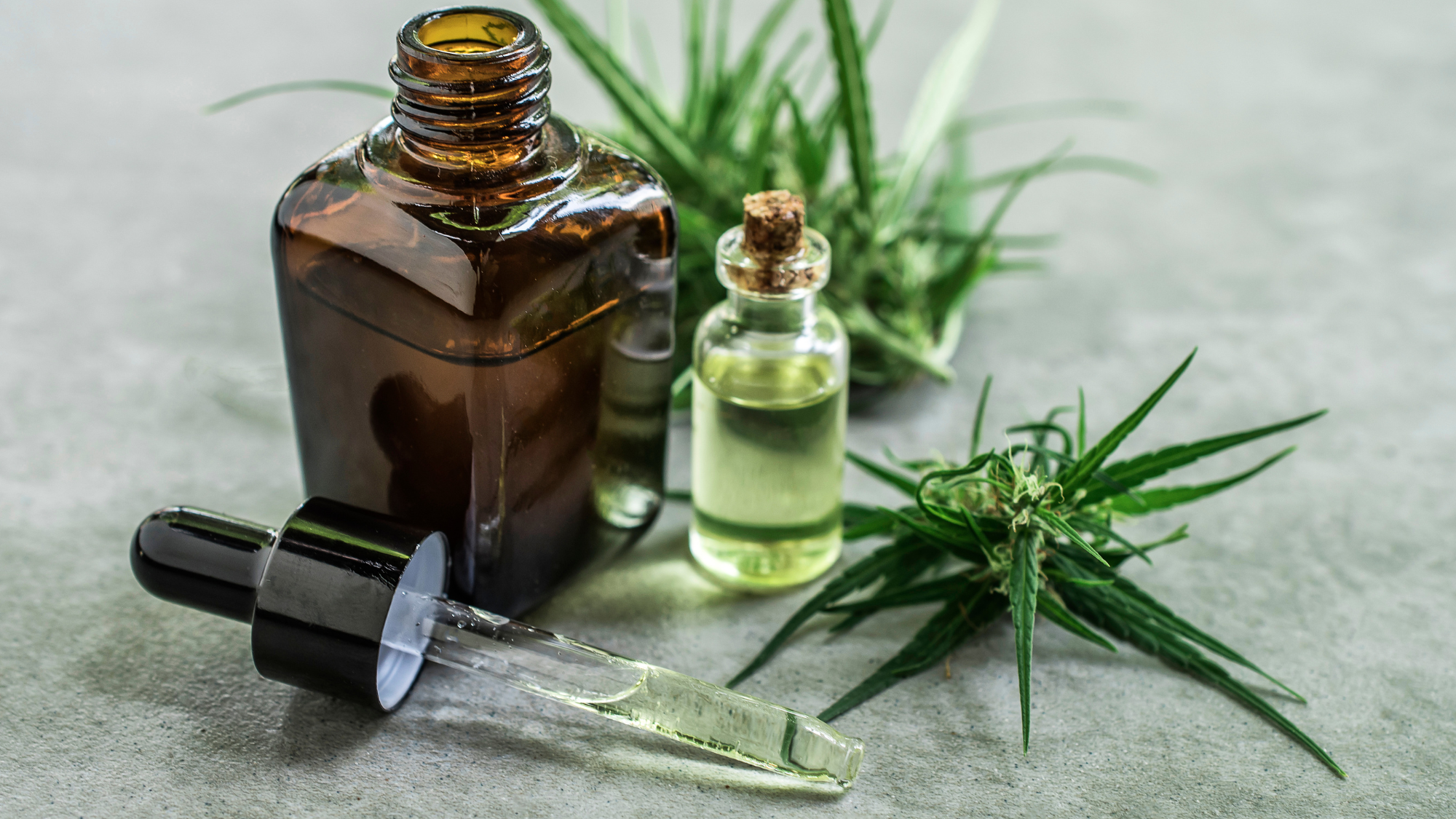
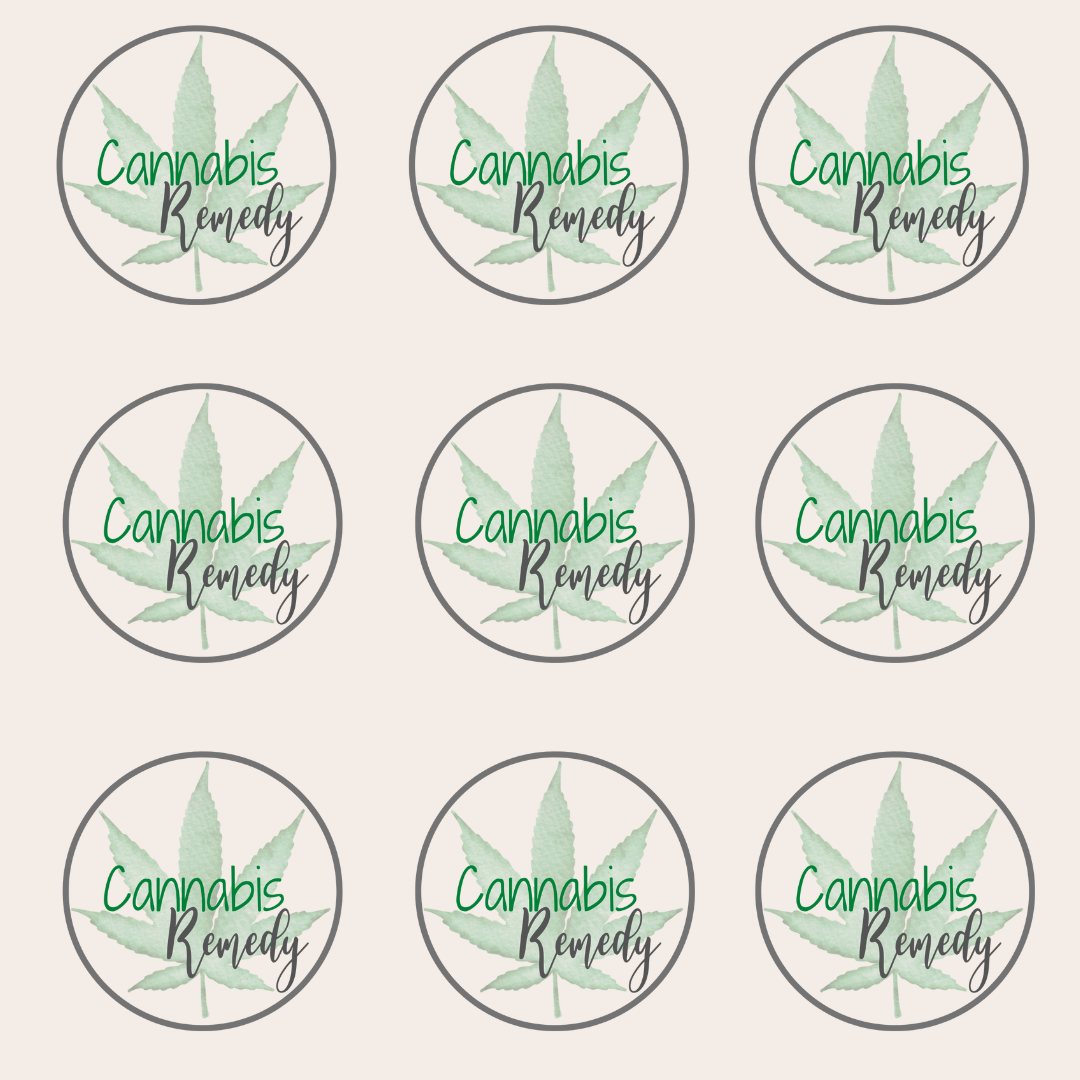
- Start with a low dose. It can take a while for cannabis to take effect, so it’s important to start with a low dose and increase gradually as needed.
- Be patient. Don’t expect immediate relief from pain. It may take a few days or weeks of consistent use before you notice any effects.
- Pay attention to side effects. Cannabis can cause some side effects, including dizziness, dry mouth, and fatigue. If you experience any of these, reduce your dose or stop using it altogether.
- Choose the right delivery method. There are many ways to consume cannabis, including smoking, vaporizing, edibles, and topicals. Find the method that works best for you and is most comfortable to use.
- Talk to your provider. But unfortunately, most providers do not have an understanding of cannabis. If you would like a cannabis coach then look no further. As a medical provider, I completely understand this topic and can guide you in the direction you need to go.

- Primary insomnia is not caused by another health condition and typically lasts for a short period of time.
- Secondary insomnia is caused by another health condition, such as stress, anxiety, pain or shifting hormones due to menopause
- trouble falling asleep
- waking up frequently during the night
- waking up early in the morning
- feeling unrested after a night of sleep.
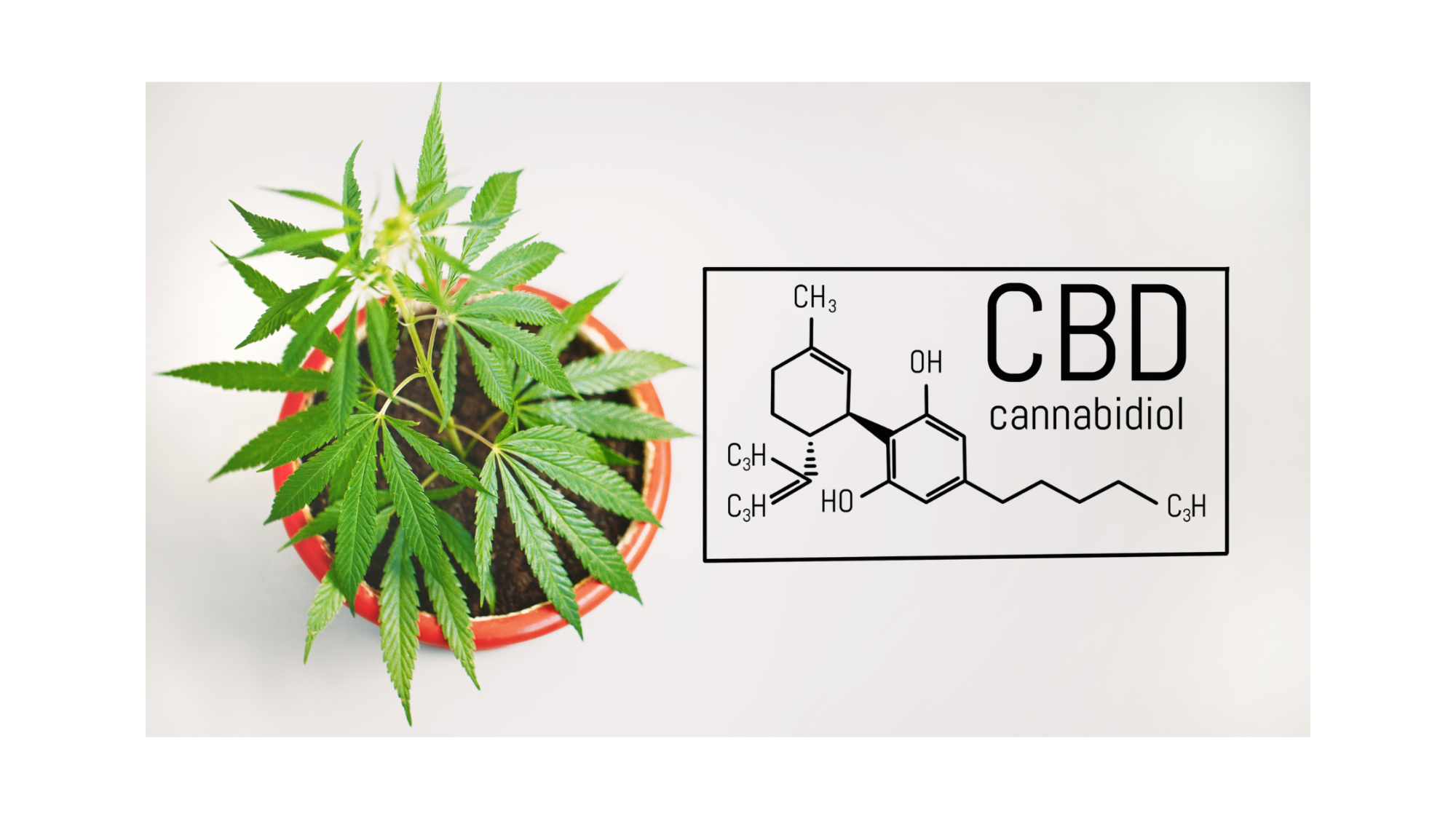
- CBD, or cannabidiol, is a non-psychoactive compound found in cannabis that has been shown to help with sleep.
- THC, or tetrahydrocannabinol, is the psychoactive compound that gets people high, but it can also help with sleep.
- Research has shown that both CBD and THC can be effective at treating insomnia. CBD is thought to work by reducing anxiety and promoting relaxation, while THC may help to increase drowsiness and reduce REM sleep as it binds to receptors in the brain that are responsible for inducing sleep.

- First, consider what you want to use the cannabis or CBD for. Are you looking for relief from pain or anxiety because that is what interferes with your sleep? Are you struggling with hot flashes that cause you to wake several times a night? Once you know what you want to use it for, you can begin to narrow down your options.
- Next, take into account your preferred method of consumption. Do you want to smoke or vape? Or would you prefer to take a capsule or tincture?
- Finally, consider your budget. With so many different products on the market, there is sure to be something that fits your needs and budget. By taking these factors into account, you can be sure to find the perfect cannabis or CBD product for you.
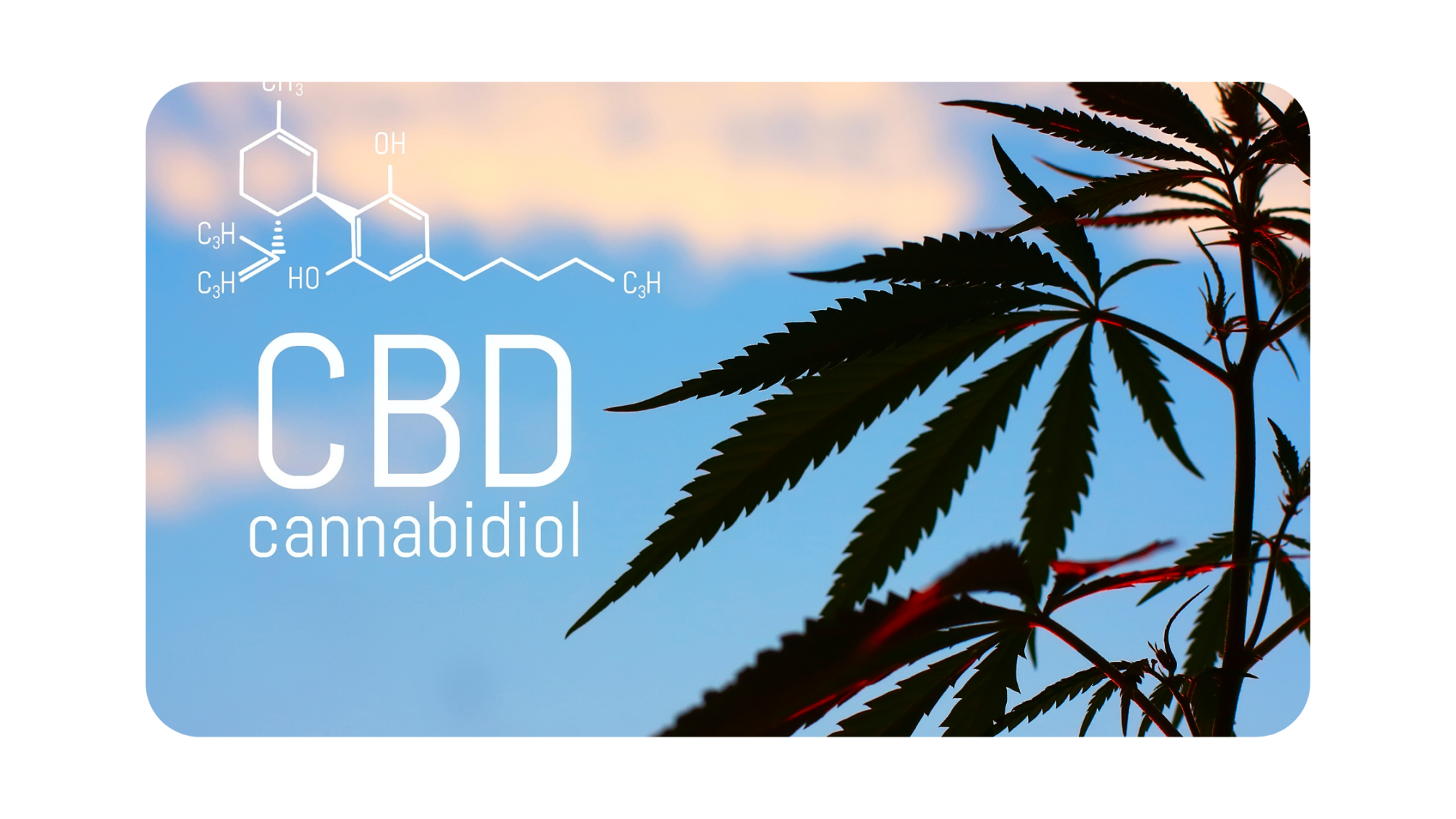
What is CBD?
How Does it Work in the Body? 
 Anxiety: Because of the endocannabinoid receptors known as CB1 receptors that are abundant in the brain, the theory is that the serotonin neurotransmitter is involved in this pathway. You can use a dry herb vaporizer to inhale CBD flower for a fast result or use a quality, lab tested oil or tincture. I have a couple of companies I love that are quality pure products and have transparent lab testing.
Anxiety: Because of the endocannabinoid receptors known as CB1 receptors that are abundant in the brain, the theory is that the serotonin neurotransmitter is involved in this pathway. You can use a dry herb vaporizer to inhale CBD flower for a fast result or use a quality, lab tested oil or tincture. I have a couple of companies I love that are quality pure products and have transparent lab testing.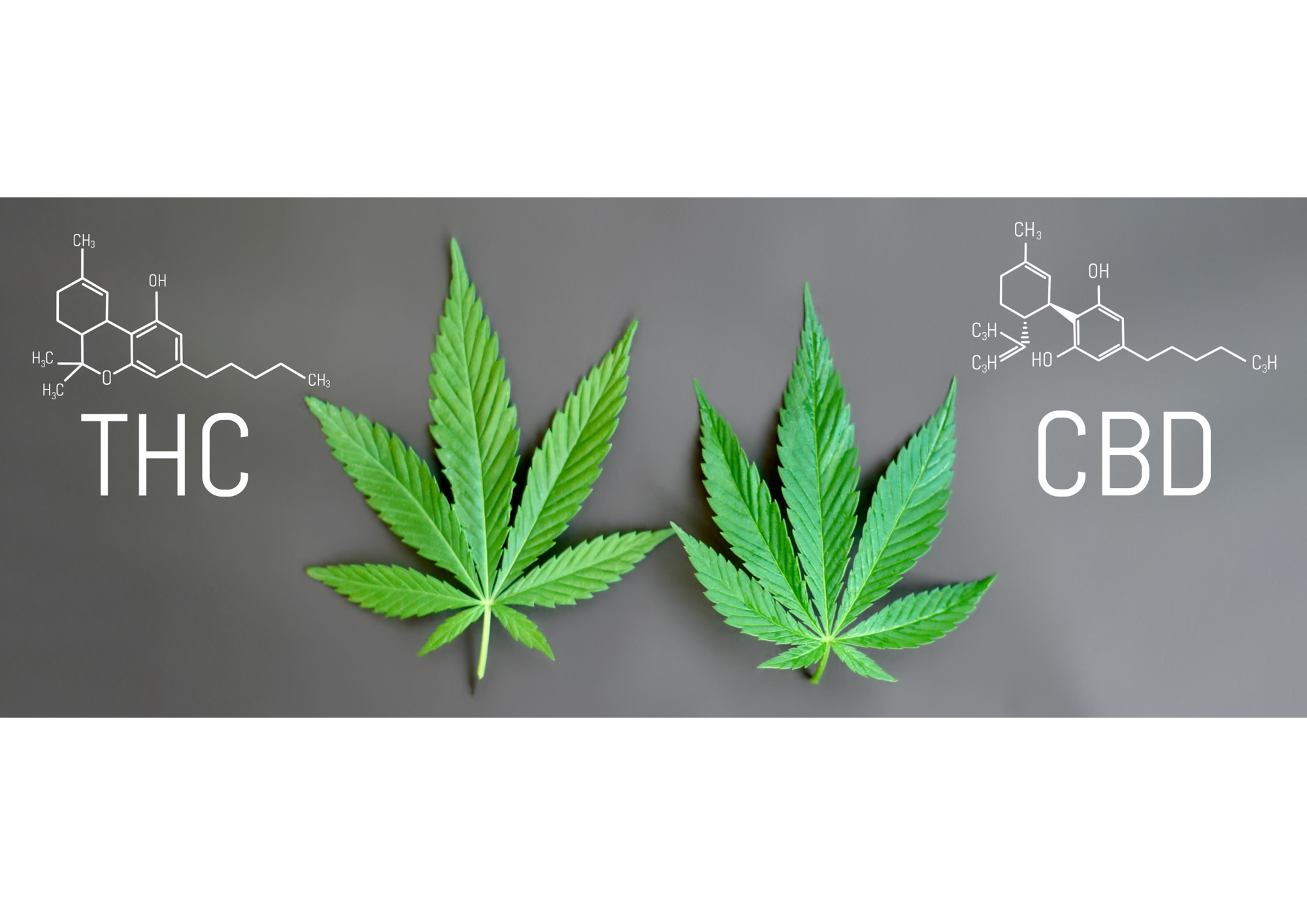 Where does CBD really come from?
Where does CBD really come from?
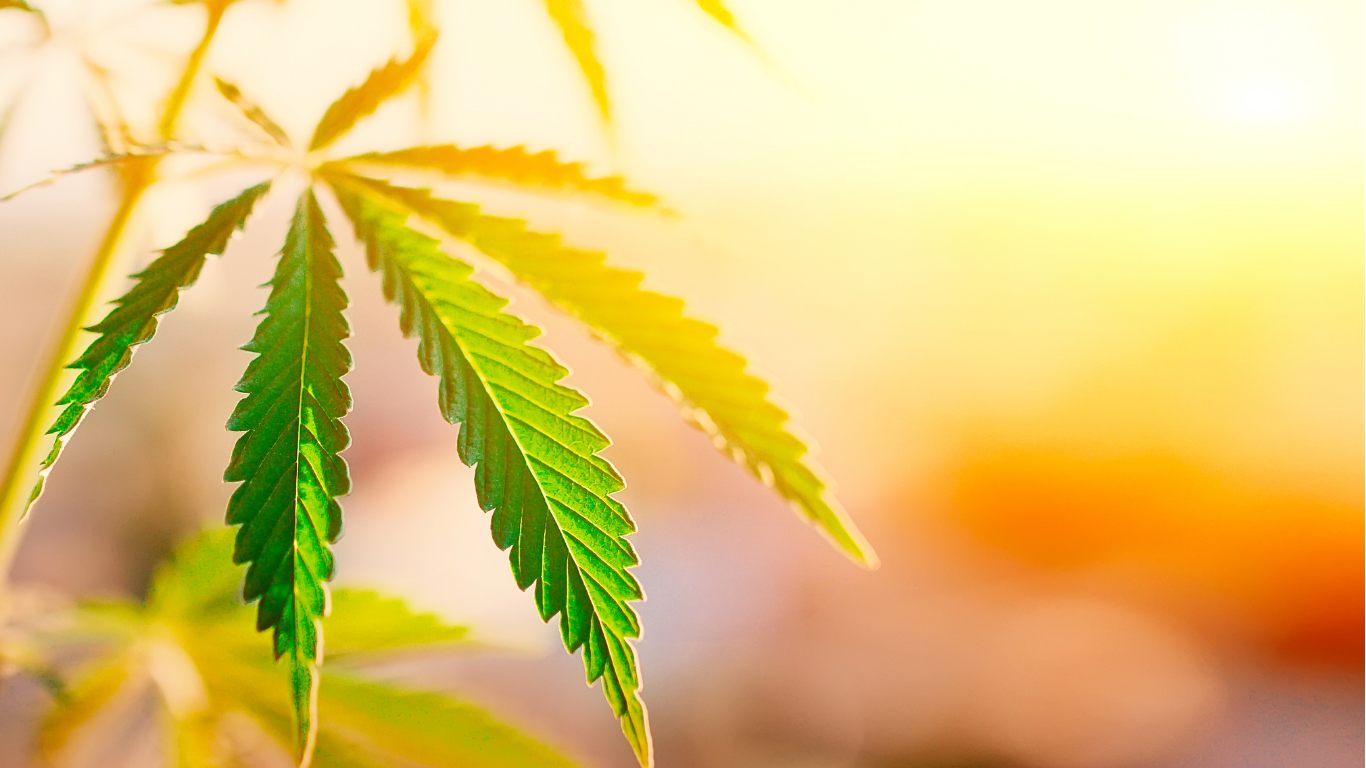
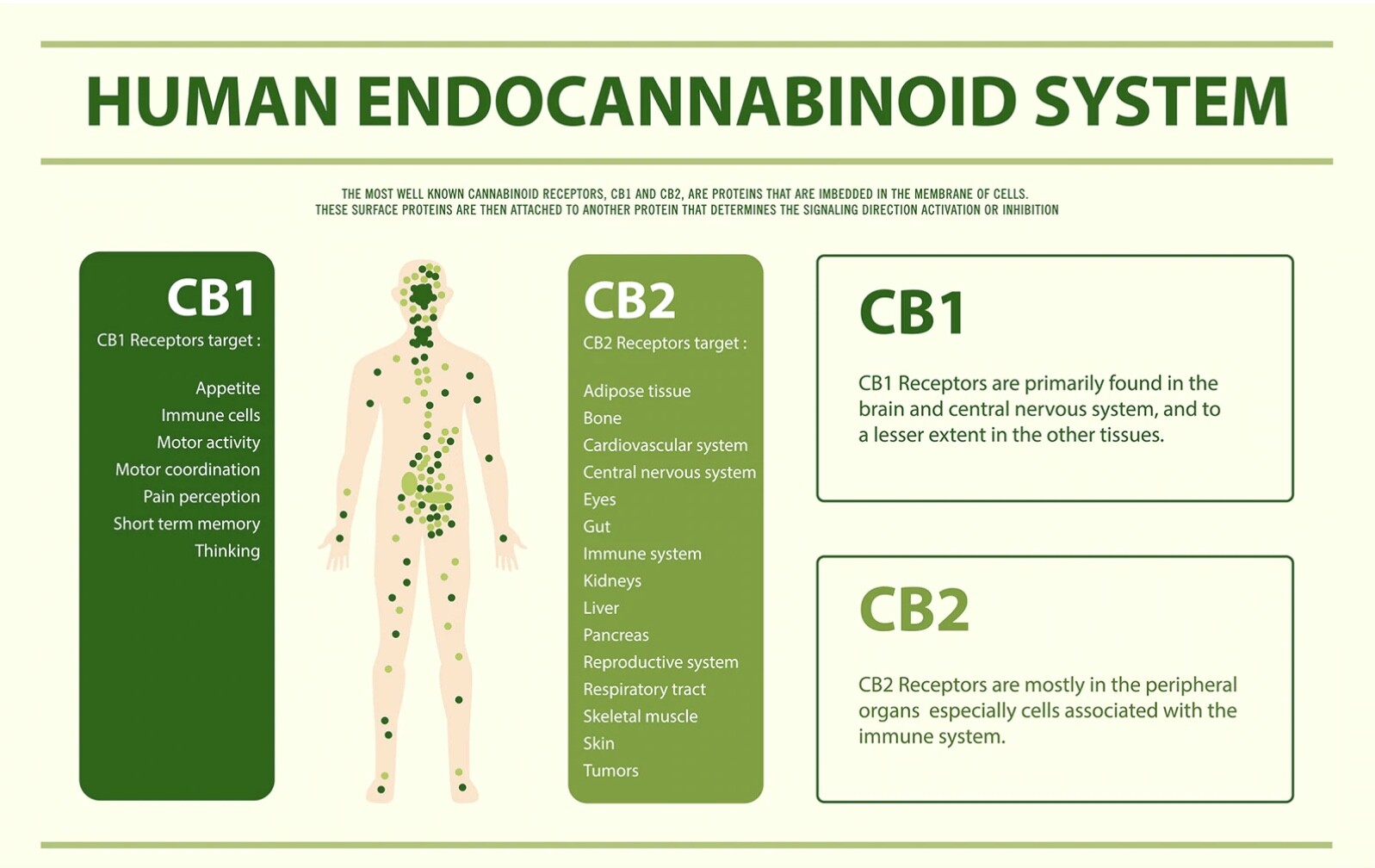 What the Heck is an Endocannabinoid System????
What the Heck is an Endocannabinoid System???? 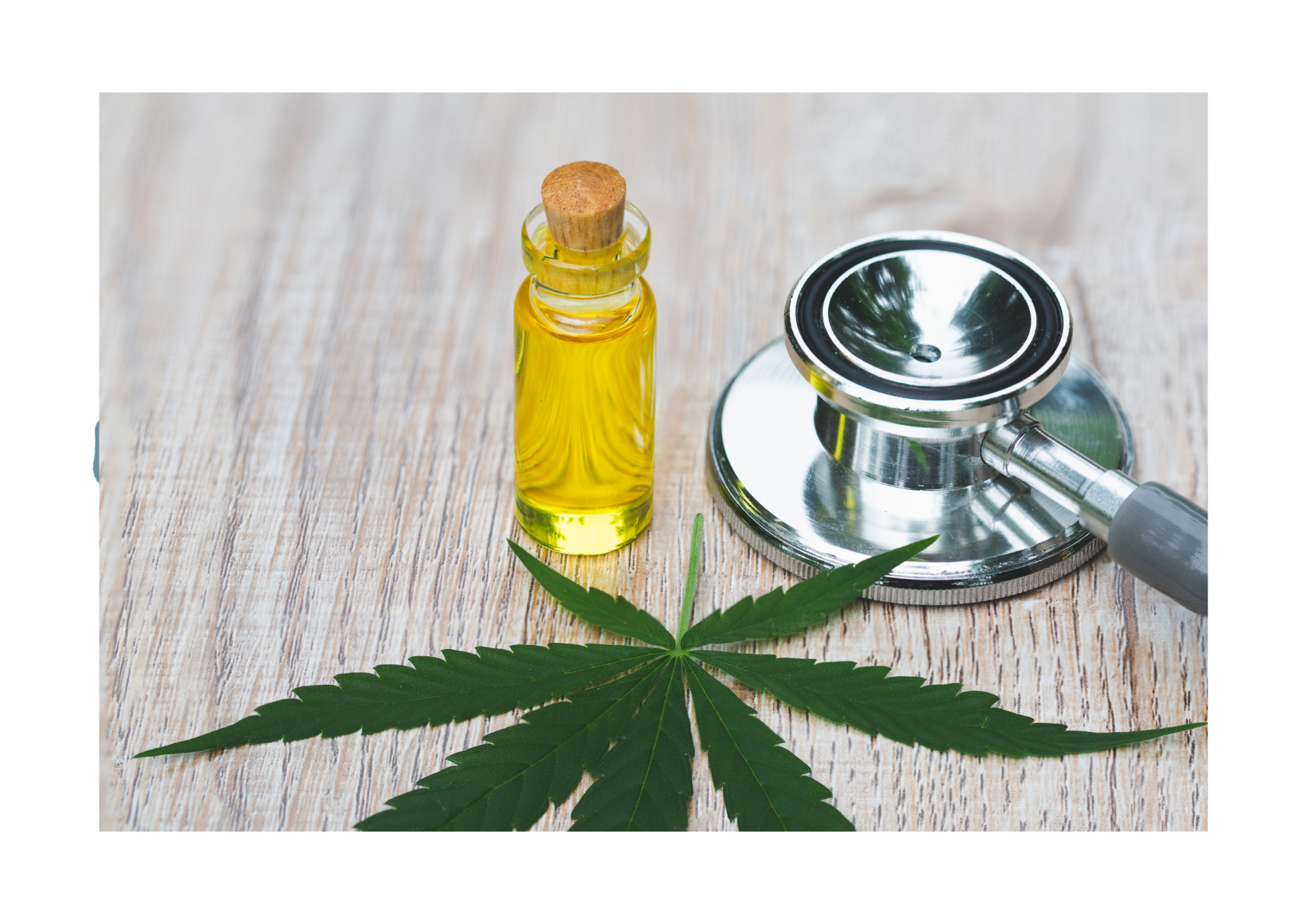 There are 3 parts to your ECS:
There are 3 parts to your ECS: 1). Endocannabinoids (small molecules produced inside the body that activate cannabinoid receptors called anandamide and 2-AG)
2). Enzymes (FAAH & MAGL) that help break endocannabinoids down
3). Receptors (CB1 and CB2) that are found on the surface of cells in animals and humans. They manage memory, digestion, immune response, inflammation, appetite, pain, motor function, blood pressure, bone development and growth, neuroprotection and more in an effort to maintain homeostasis or balance.
CB1 receptors are abundant in the brain and central nervous system.
CB2 receptors are abundant everywhere else. They are just waiting for something to come along and unlock them and that would be CBD or THC.
Your endocannabinoid system is very different from mine. We make our own Endocannabinoid's and that is based on different factors like stress, health, emotions and more.
To give you a simple explanation, your endocannabinoid receptor is sitting there waiting for something to bind to it to unlock it so it can become activated. That something is CBD/THC which are called phytocannabinoids.
When you are faced with illness, or inflammation, chemical exposures like medications, or trauma your endocannabinoid system recognizes these issues and makes more anandamide and 2-AG (endocannabinoids) in an effort to maintain balance.
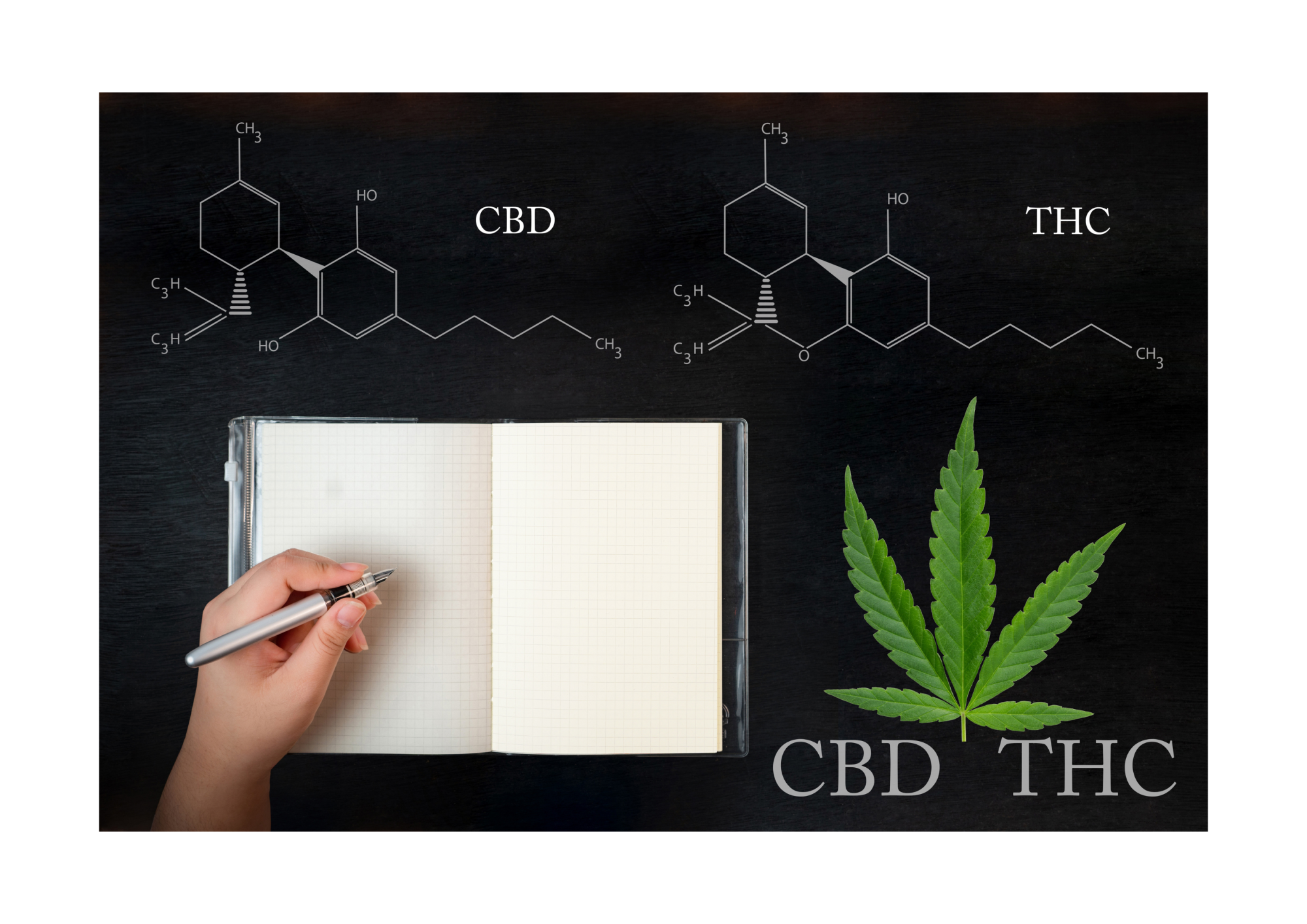 Using CBD with a small amount of THC will activate that system and help balance become a reality!!
Using CBD with a small amount of THC will activate that system and help balance become a reality!!
Learning about this concept has been a fascinating experience for me especially coming from the 70’s where it was sex, drugs and rock and roll!!
This plant has changed and the stigma of the plant is changing! Let’s use it for what it was intended- as medicine to bring balance to our health!!

